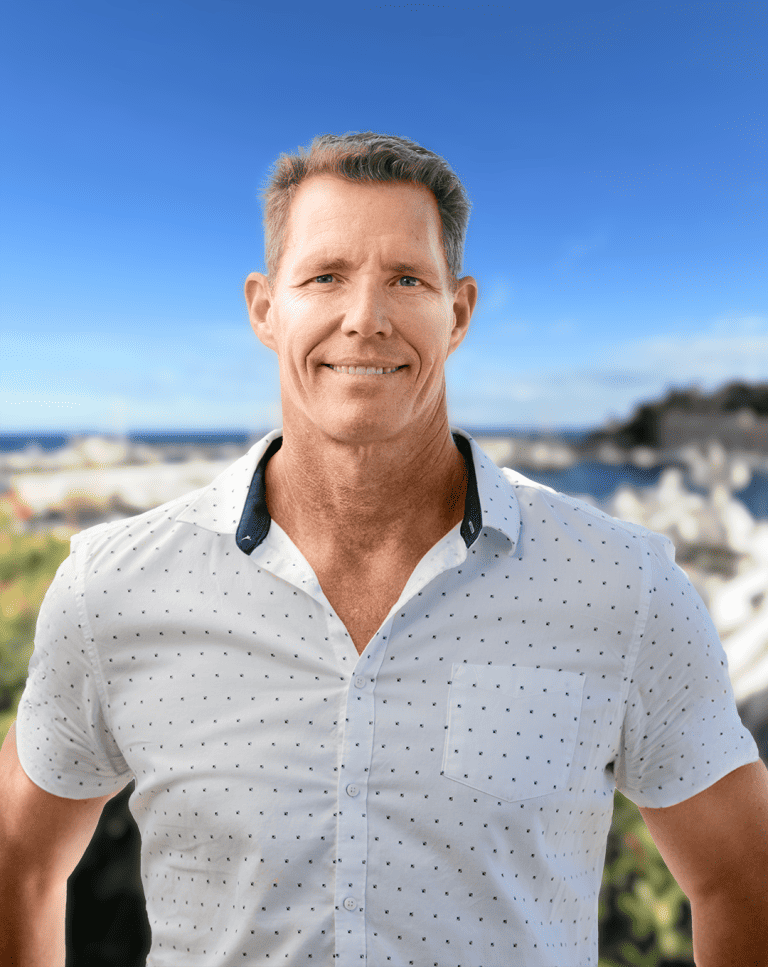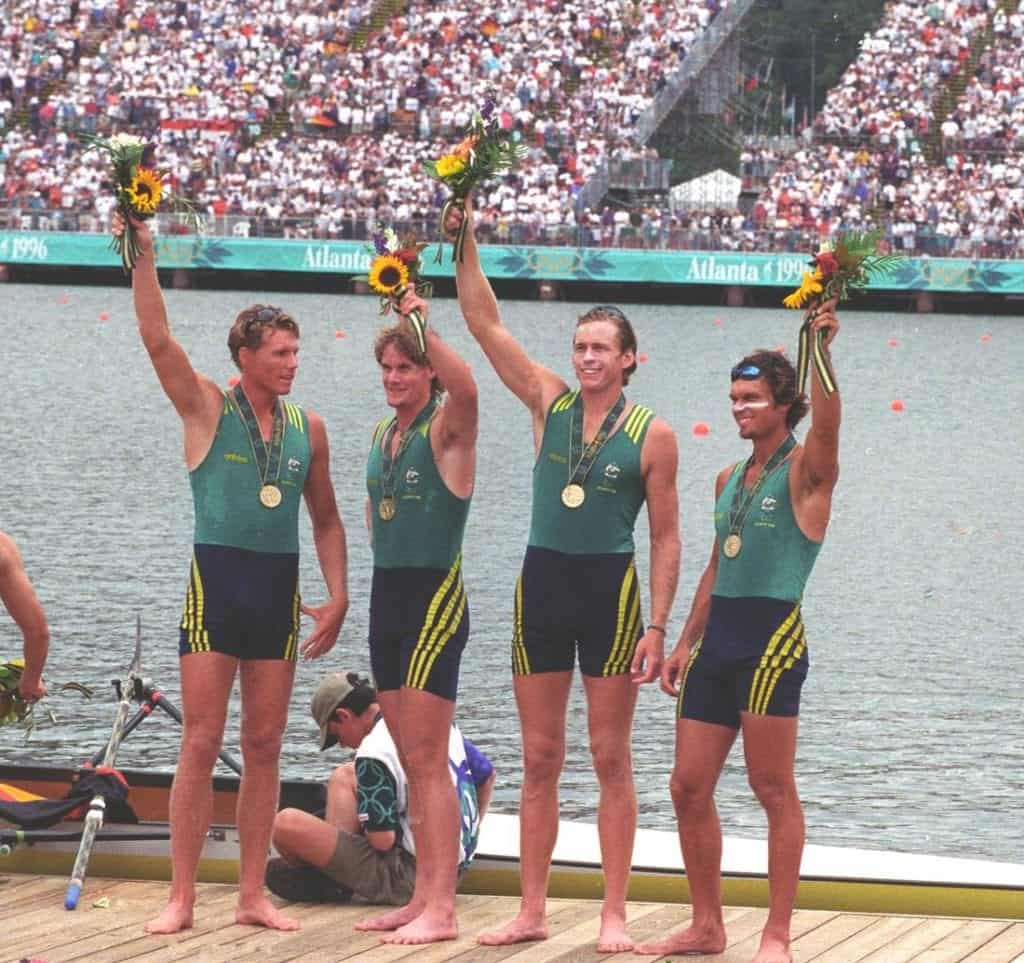By Bo Hanson – 4x Olympian, Coaching Consultant & Director of Athlete Assessments
This article was written for those with an understanding of how the DISC model can be used in sport. So make sure to take advantage of our many resources on DISC to gain a basic understanding before reading on.
If you are a follower of our work and read our articles, a theme may become obvious to you. This theme is something I talk about with every client who coaches athletes. It is reflected in a belief that life today is nowhere near as hard as it once was. We have a standard of living that exceeds the past (although this does not mean people still don’t complain!) The fact is, we have access to more choice, better products which are cheaper (mass produced), an abundance of food (in first world countries) and opportunities to exceed in so many different fields of endeavor, sport being just one. Today, every product you purchase or service you opt into can be tailored to suit your specific needs. You just have to ask. What all this amounts to is virtually being able to get what you want, when you want and often immediately, right NOW!
Generation Y
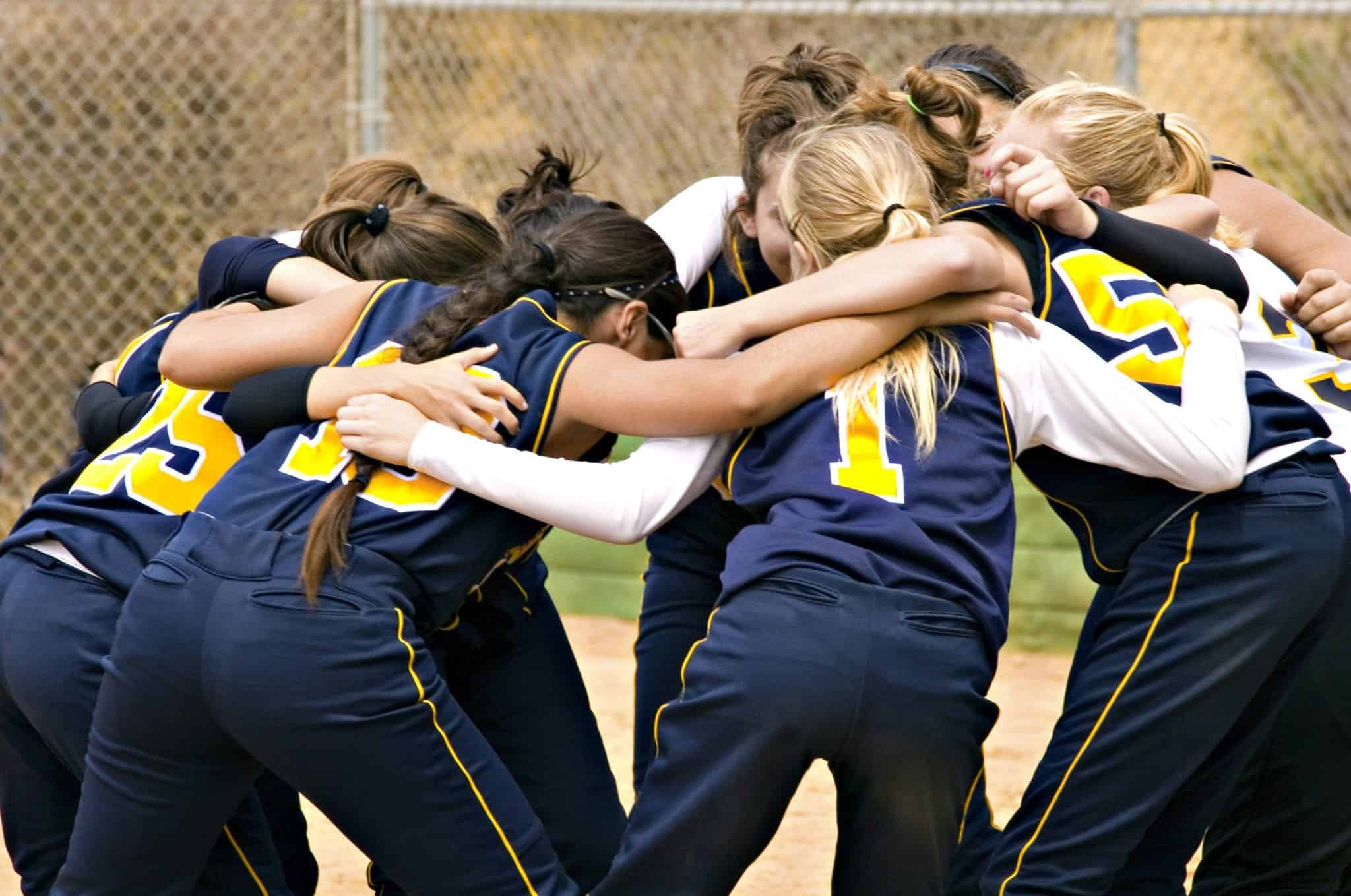
This unique environment is one that generation Y has grown up in, and other generations have grown to appreciate in most ways. However, the issue is that the younger generations have not experienced some of the struggles of the older generations and therefore do not have the same perspectives on what hardship is. In reality, it has become easier for each generation from the great Depression onwards. What this has created, in my opinion, is a need for coaches to become teachers of critical life skills. Skills which the environment has not taught generation Y through exposure.
For example, there was a time, when girls and women who wanted to play sport could not. Plain and simple. There was no opportunity. Then a struggle began, which continues today. Those same women who experienced this adversity as young aspiring athletes, are keeping women’s sport alive and growing throughout the world. To provide opportunities for females to be coaches and athletes, and to be seen as equal to their male sporting counterparts. I believe this should not be a struggle… and we as a company fully support female sport, through a variety of ways in trying to change this situation for the better.
I have two daughters and will do everything in my power to ensure they have access to every opportunity any other human being has. The point is, those women who had firsthand experience of this struggle, developed a resiliency and toughness in their quest to become competitors in their sport, because they had to. Today although it is not perfect, women in most countries can freely participate in sport. Those who were subjected to it, fought to overcome it and had to be resilient in doing so. They learnt the resiliency lesson and it is a critical lesson to learn if one is to be successful in anything they choose.
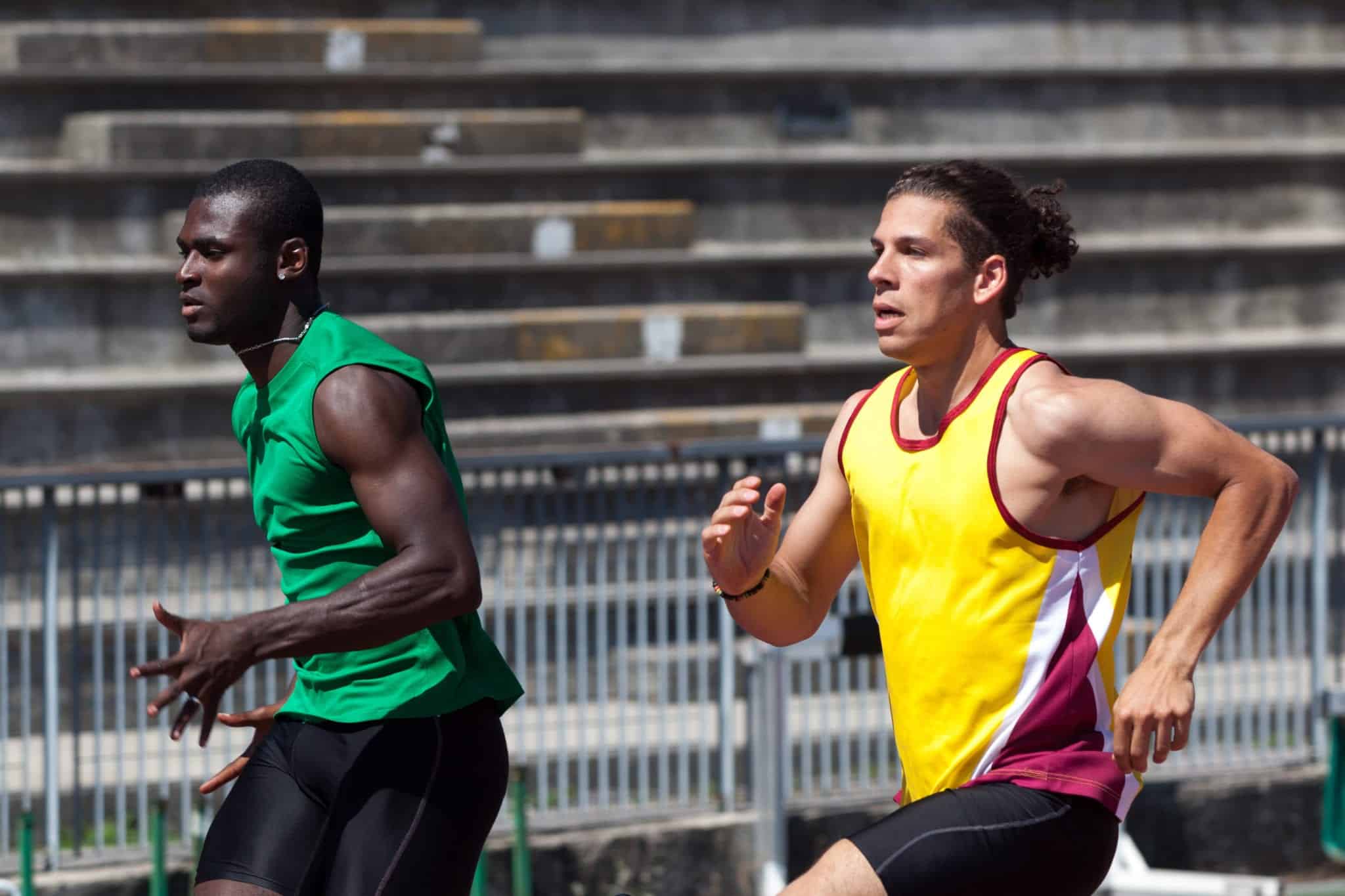
So today, we are faced with the reality of a generation of athletes, who have grown up in the lifestyle rich times we are all accustomed to. As such, there are no guarantees, that today’s athletes have developed the life skills to be successful in a team and in high level competition. So many coaches today operate thinking their athletes on the programs are equipped to manage their sport and be successful student athletes or team members in general.
Of the many conversations I have with coaches every week, the majority of my discussions focus on how to manage, communicate with and coach the unique athletes on a team. Always what becomes apparent is how a coach’s job is rarely ever about teaching athletes how to hit the ball, pass, shoot, or play defense etc. A coach’s role largely becomes about teaching critical life skills which have not already been created in the athletes (limited) experience in their world. In fact you can almost be assured that most parents do not teach skills such as resilience, communication, leadership, team work, goal setting and decision making. And as we have mentioned previously, the athlete’s environment has also not contributed to the development of these skills. So the question is, what skills are you really focusing on and teaching?
Beliefs impact on Success
Another major factor in athlete success or any person’s ultimate success, is a knowledge of what beliefs they have about themselves. Beliefs are fundamental programs (like a computer program – and we have all been programmed in some way) which create a “map” of how to navigate through life. A belief is also something we have absolute certainty about. Beliefs are not necessarily true or false, but are simply what you choose to believe about something. Beliefs can and are about all things…we have thousands of beliefs. Some beliefs however are more significant than others. (For example, I believe cucumber is a terrible tasting vegetable. Others believe different. Either way, this belief really makes no difference to my sporting or life success!)
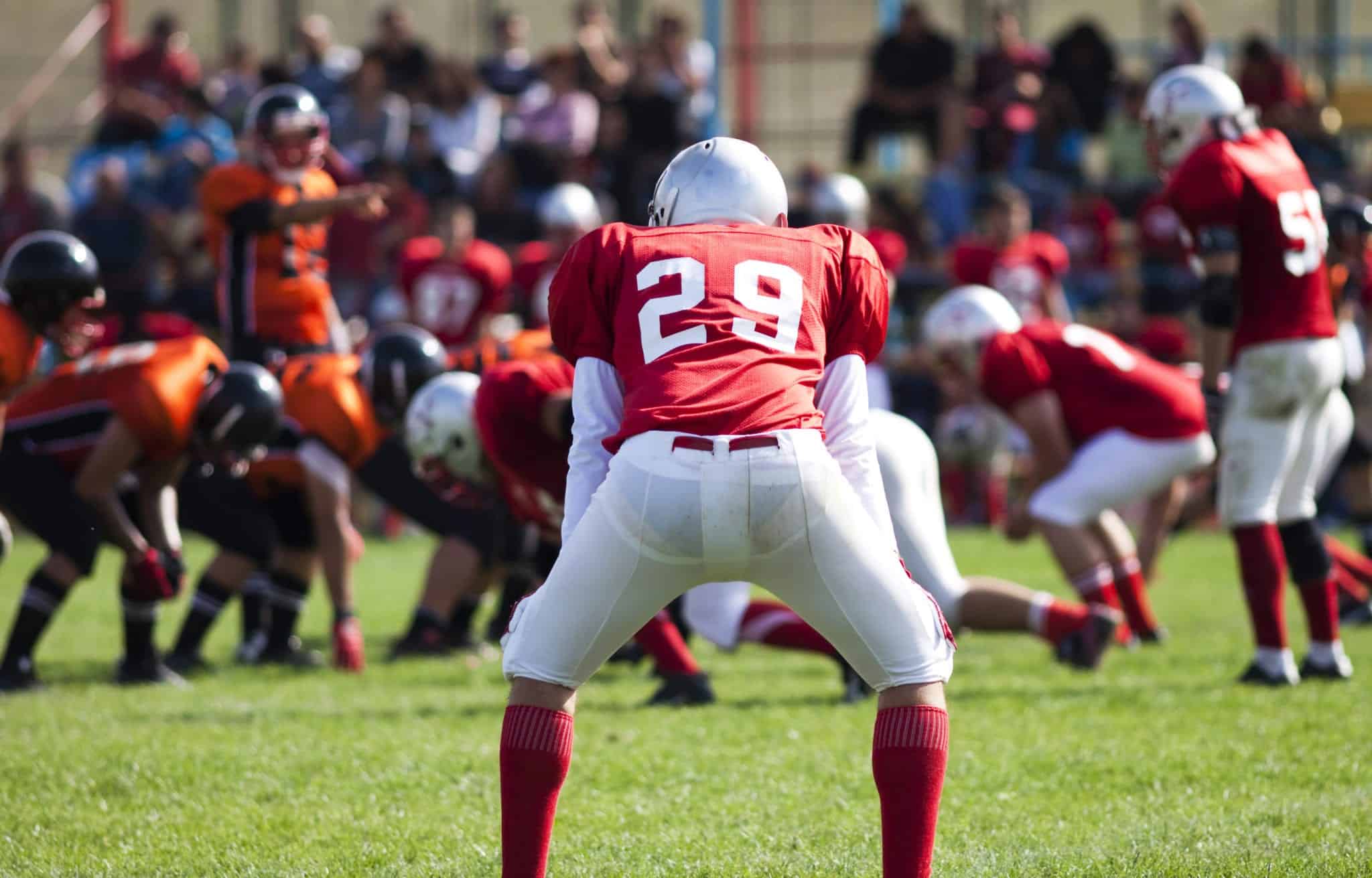
Fixed vs. Malleable Theory
However, what if I believe I am all I can be now and that I have a fixed level of development to aspire to and can’t go beyond this? This is actually called “Fixed” Theory and is a major reason why people close their mind to opportunities and stop trying once they have hit their “plateau”. Other people have a belief that they are more of a “work in progress”. This is called “Malleable” Theory and is based around the concept that the harder I work, the better I become. As well, the more I practice the better my skills will be. It is a belief that my effort creates my improvement, therefore the more effort the better the outcomes. So why so important?
It has been proven through psychological studies, that a teacher, parent or coach, can influence the theory used by their athletes. This is why when giving feedback, it is critical to give feedback about effort rather than just results or performance. For example, saying to an athlete, “your effort during practice today was outstanding and this was the contributing factor to the great results you achieved for the team.” This is different from saying, “you did a wonderful job today and are such a talented player”. How is this different? It has been found that praising and encouraging effort actually builds one’s Malleable Theory about themselves. This in turn enhances their motivation and critically their level of resilience to any setbacks they experience. Praising talent or some other form of potentially fixed resource (intelligence or physicality), reinforces their Fixed Theory and prevents them from working harder to improve and grow.
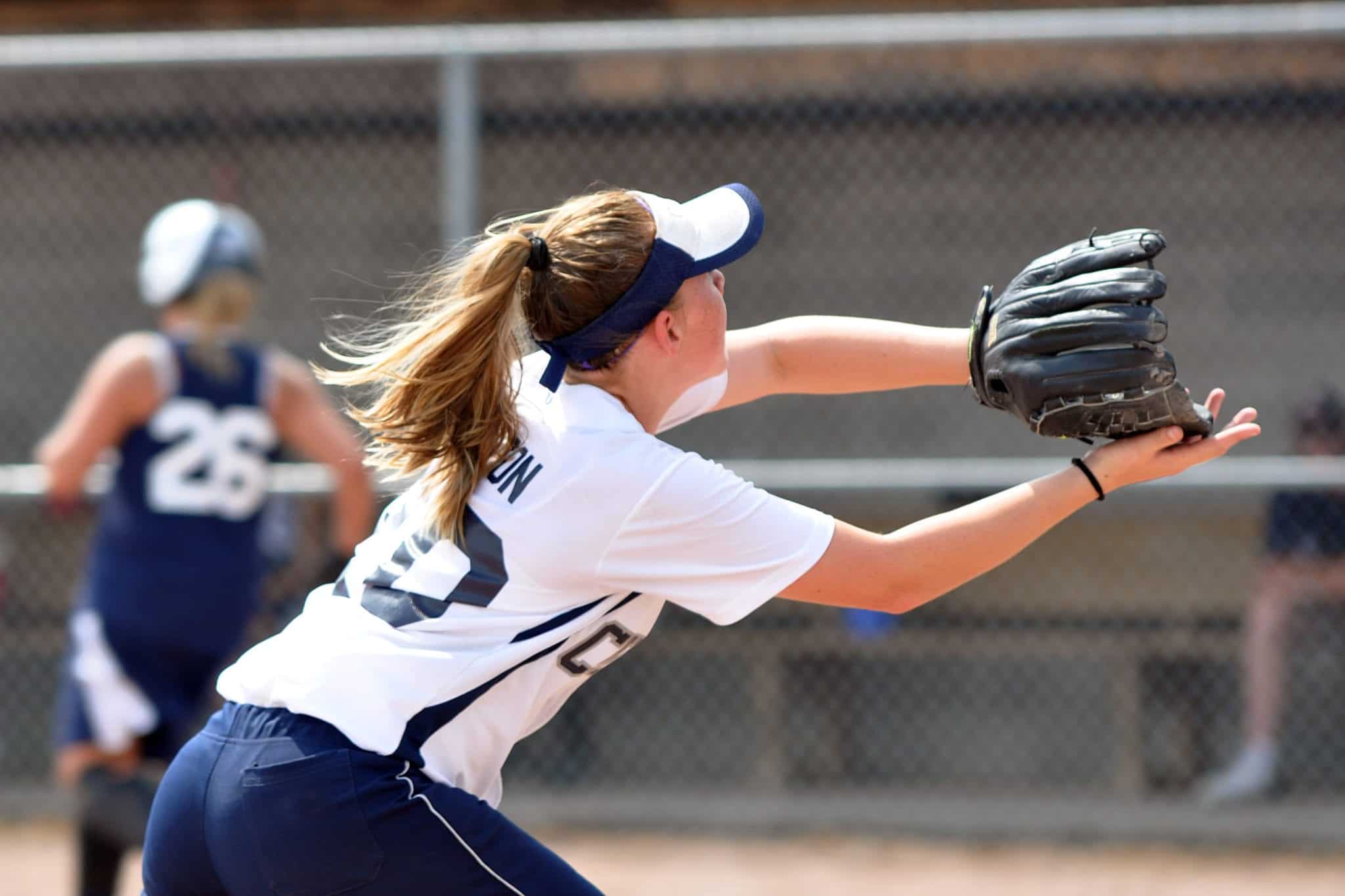
Here are 10 beliefs successful people have been found to believe. Take a look at these beliefs and see what ones you agree with. Challenge what you don’t agree with but certainly ask yourself if the belief is not so much true or false, but instead, could it be useful to have this belief. Beliefs do one of two things. They help or hinder. Full stop. This list of beliefs are helpful in nature, so do not judge them, just ask yourself if they are useful.
10 Beliefs of Successful People
- The past does not equal the future.
- There is always a way if I’m committed.
- There are no failures, only outcomes—as long as I learn something I’m succeeding
- If I can’t, I must; if I must, I can.
- Everything happens for a reason and a purpose that serves me well.
- I find great joy in little things… a smile… a flower… a sunset. I appreciate the moment and the opportunity of being part of this team.
- I give more of myself to others than anyone expects.
- I create my own reality and am responsible for what I create.
- If I’m confused, I’m about to learn something.
- Every day above ground is a great day.
Where to from here…
If you enjoyed this article you may also enjoy our articles on:
- Parents of Athletes Make or Break their Children’s Sporting Experience
- Sports Coaches, how to deliver feedback to your athletes
- Training Generation Y Athletes
At Athlete Assessments, we’re here to provide you with excellence in service and here to help you be your best. If there is anything we can assist you with, please Contact Us.



